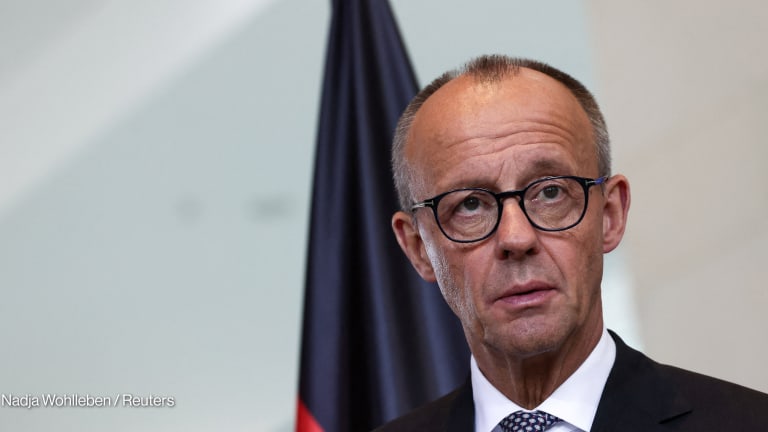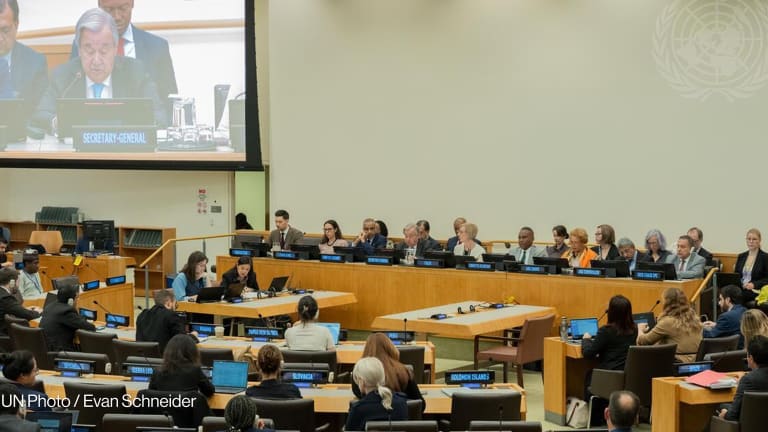The European Commission wants to spend €18 million ($19.2 million) to help Israel with regional cooperation with its Arab neighbors including through “strategic communication and public diplomacy,” arguing the money would help strengthen stability in the Middle East and beyond.
An outline of the proposed assistance, which would come from the European Union executive’s foreign aid budget, was sent to the bloc’s 27 member states on Tuesday. Countries have until Nov. 14 to provide input on the plan, seen by Devex, including the option to block it altogether.
The commission proposal has three components:
Printing articles to share with others is a breach of our terms and conditions and copyright policy. Please use the sharing options on the left side of the article. Devex Pro members may share up to 10 articles per month using the Pro share tool ( ).








